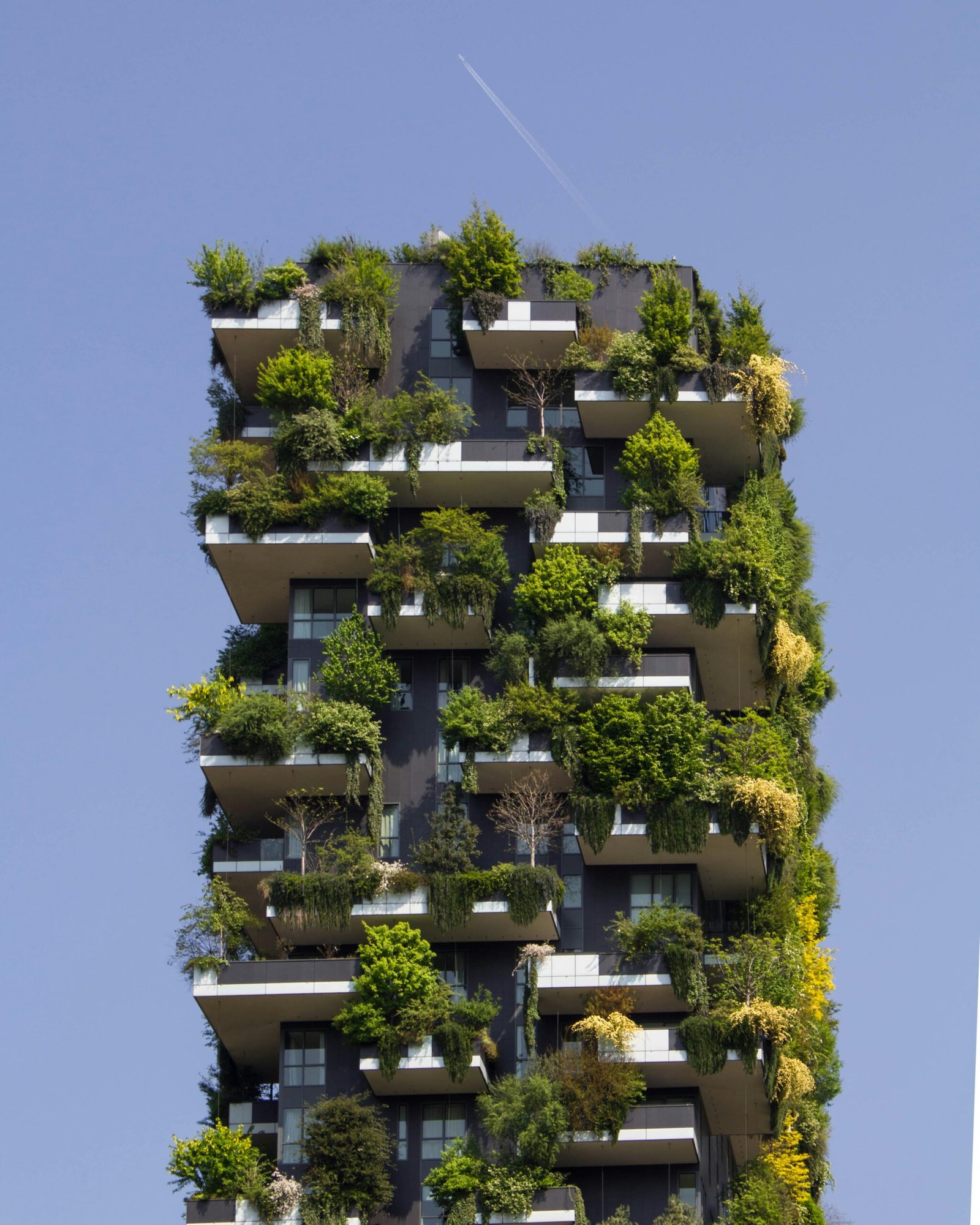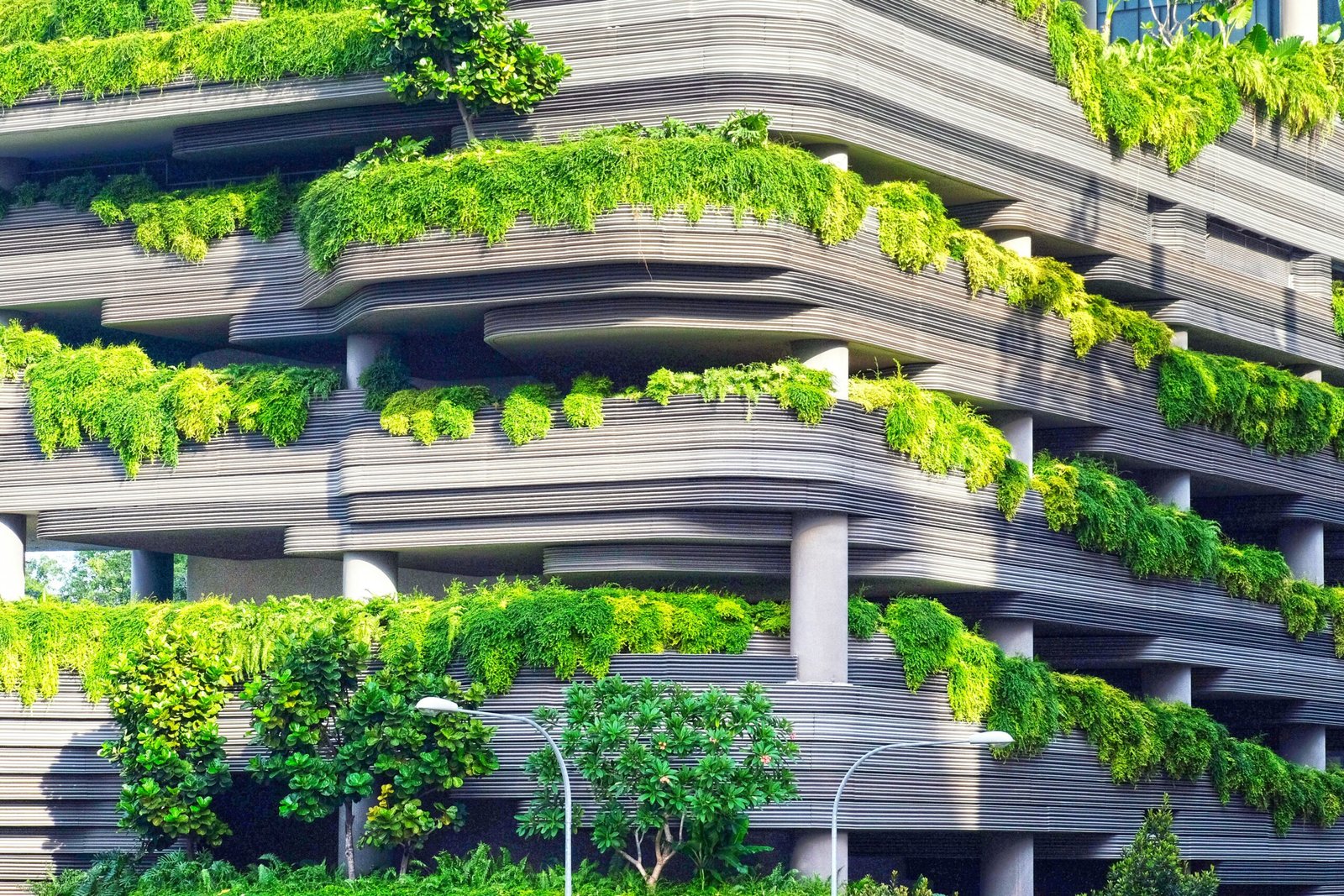Welcome to our informative Interview Series: Green Living in Urban Areas. As more and more people move towards urban areas, sustainable living practices become increasingly important. In this interview series, we have had the privilege of speaking with environmentalists, urban planners, and sustainability experts who are at the forefront of promoting green living in urban areas. These experts have shared their insights, experiences, and valuable advice on various topics related to sustainable living in cities.
In our first interview, we had the pleasure of speaking with Dr. Emily Green, an environmentalist and advocate for urban green spaces. Dr. Green highlighted the significance of parks, gardens, and other green areas in urban environments. She discussed the numerous benefits of these spaces, including improved air quality, reduced urban heat island effect, and enhanced mental well-being for city dwellers. Dr. Green emphasized that urban green spaces provide a vital connection to nature, offering a respite from the hustle and bustle of city life. They play a crucial role in promoting biodiversity and mitigating the negative environmental impacts of urbanization.
Our second interview was with Mark Johnson, an urban planner specializing in sustainable transportation. Mark emphasized the importance of reducing reliance on cars and promoting alternative modes of transportation in urban areas. During our conversation, Mark discussed the benefits of walking and cycling as eco-friendly transportation options. He also highlighted the need for well-connected public transportation systems and the integration of electric vehicles to reduce carbon emissions in cities.
In our third interview, we spoke with Sarah Thompson, a sustainability expert focusing on energy efficiency in urban buildings. Sarah shared her expertise in the implementation of energy-saving technologies and practices in residential and commercial buildings. According to Sarah, “Improving energy efficiency in urban buildings is crucial for reducing greenhouse gas emissions and combating climate change. Simple steps like installing energy-efficient appliances, proper insulation, and utilizing renewable energy sources can make a significant difference.”
Our fourth interviewee, David Miller, is an environmental activist who has been instrumental in promoting waste management and recycling in urban areas. David discussed the challenges and opportunities associated with waste management, highlighting the importance of reducing, reusing, and recycling. He emphasized that effective waste management is essential for creating sustainable cities. By implementing recycling programs, composting initiatives, and educating residents about responsible waste disposal, we can significantly reduce the environmental impact of our urban areas.
Finally, we had the pleasure of speaking with Rachel Adams, an architect specializing in green building design. Rachel shared her insights on sustainable architecture and the integration of environmentally friendly practices in urban construction. During our conversation, Rachel emphasized the significance of incorporating renewable materials, energy-efficient designs, and green roofs in urban buildings. She also discussed the concept of biophilic design, which aims to create spaces that foster a connection with nature.
Through these interviews, we have gained valuable insights into the importance of green living in urban areas. The experts we spoke with highlighted the need for sustainable practices in various aspects of city life, including urban green spaces, transportation, energy efficiency, waste management, and building design. By implementing the ideas and suggestions shared by these experts, we can create greener, healthier, and more sustainable cities. It is our collective responsibility to embrace and promote green living in urban areas for the benefit of both current and future generations.


